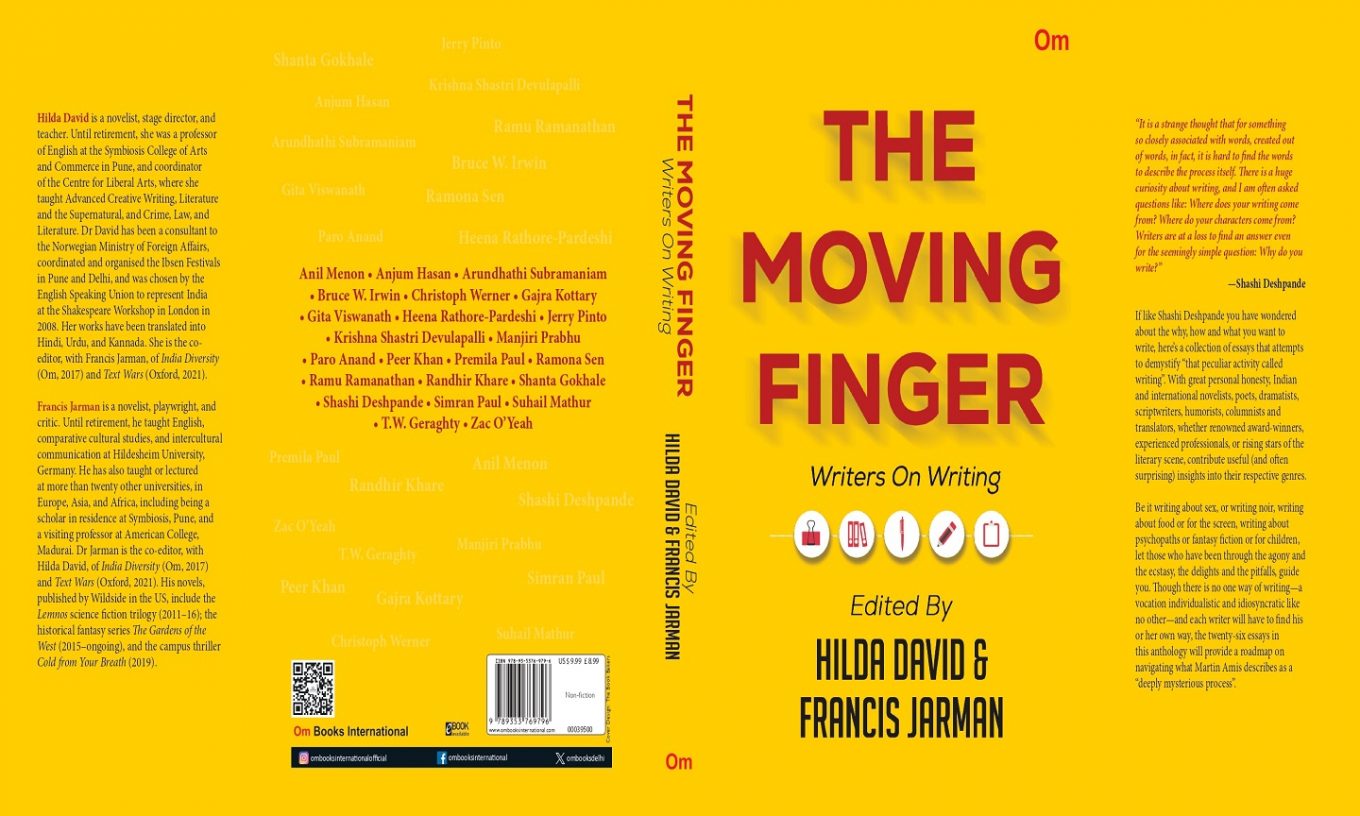Not far from where the parrot sings, there was a land called Monolingua. It was inhabited by Monolinguals who never felt as well as they could be. They weren’t unhealthy; just not as bright and happy as they might be.
They consulted their shaman, a she-man, and she said, “You need salt from Altalingua.”
Altalingua was on the other side of a fast-flowing river called Meaning. This was a wonderful river that fertilised their land and gave them water to drink, but it was also tricky; there was the Current of Misunderstanding and the Whirlpool of Connotation and the rapids of Literal Interpretation. However, a call went out for volunteers, and a young carrier offered her services. The older and wiser shook their heads. It was a stupid thing to do, they thought. But the carrier was young and foolish and wanted something more, something better, more vibrant, more alive, more words, more sounds, a lot more.
She set off across the river in a boat made of wood, and on the other side, she was welcomed by the Altalinguals. They were delighted to see her, and when she explained that she needed some salt, they said they were willing to let her have as much as she needed but by their laws, she would not be allowed to carry it in any container, receptacle, or bag.
“How am I supposed to carry the salt across?” she asked.
“That is your problem, not ours,” said the Altalinguals.
The young woman spent the night in prayer to the Goddesses of Vox, and in the morning the answer came in the form of a cloud. In the fluffy forms sailing overhead, she saw something that looked like a boat. And she realised she would have to abandon the boat in which she had come and make a boat of salt.
And so the young carrier fashioned a boat of salt and put it into the River of Meaning, which immediately began to put out little investigative tongues of water, licking at the boat. She jumped in but even before she had picked up the oars, the salt began to dissolve. The carrier began to paddle frantically. The river was fast, and the water took large chunks from her boat.
When she got to the other side, not much of the boat was left.
The Monolinguals were not happy.
“How little of the salt you brought across!” they sighed.
The carrier shrugged.
She would try again.
And they would complain again.
I do not remember the moment when I started translating. I do not think anyone ever remembers this moment, so deeply human is it, so intrinsic to every process of language. In every act of language, some translation must occur. Somewhere in the brain, neurons fire across synapses. These electrical circuits draw on memory and imagination, what we know and what we don’t, what we think and what we feel, and we must take all this sensory and conceptual material and use words to construct phrases and phrases to build sentences. Somewhere muscles are moved around in the throat. Breath must be drawn up and forced across the vocal cords. The tongue plays its part, the palate, the teeth. And words emerge. Now sounds fare forth and arrive at their destination, another tympanum, if they are lucky. They create another series of neuronal firings, more translations in reverse order and more reactions: a dog may sit down, a friend may smile, a foe may frown. More translations.
I live in a city that exists only in a state of translation. Its name is a debate of translations: is it a good bay or a goddess? Choose and your choice, whether Bombay or Mumbai, places you somewhere, for your auditors. They’ve translated your choices and aligned you somewhere.
To my left lives a Gujarati family. On my right, lives a Marathi family.
In between?
I was in the third standard in Victoria High School, Mahim, when I was asked what my mother tongue was. There was some kind of form that had to be filled out, and my class teacher wanted to know.
I went home and asked my mother.
“English,” she said. “Your mother dreams in English, your mother screams in English.”
I knew what she meant. Frederick Algernon Trotteville alias “Fatty” of Enid Blyton’s Five Find-Outers was outed when he pretended to be French by a bad guy who simply hurt him so that he cried out in English.[1] The language of your pain is the language of your heart and brain.
I went back and told my teacher.
“English?” she snorted. “Are you Anglo-Indian?”
“No,” I replied.
“Then you cannot say English is your mother tongue. Where are you from?”
“Mahim?” I said.
“You’re one sample! Your name is Pinto. Are you Goan or Mangalorean?”
“Goan,” I said.
She wrote down Konkani.
It was my first lesson in how you could or could not claim a language.
***
[1] Enid Blyton. The Mystery of the Secret Room. Methuen, 1945.





